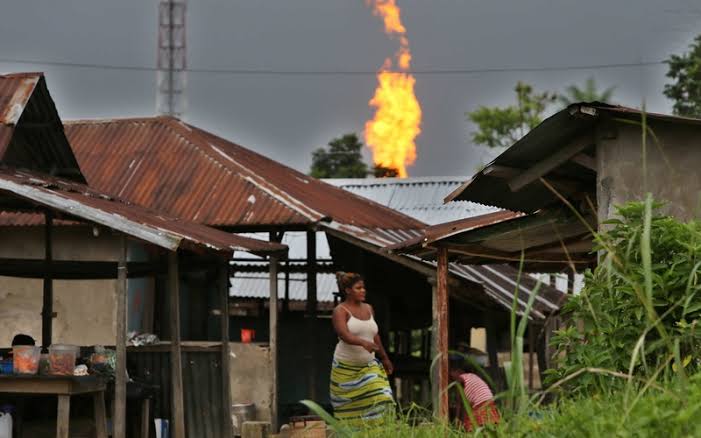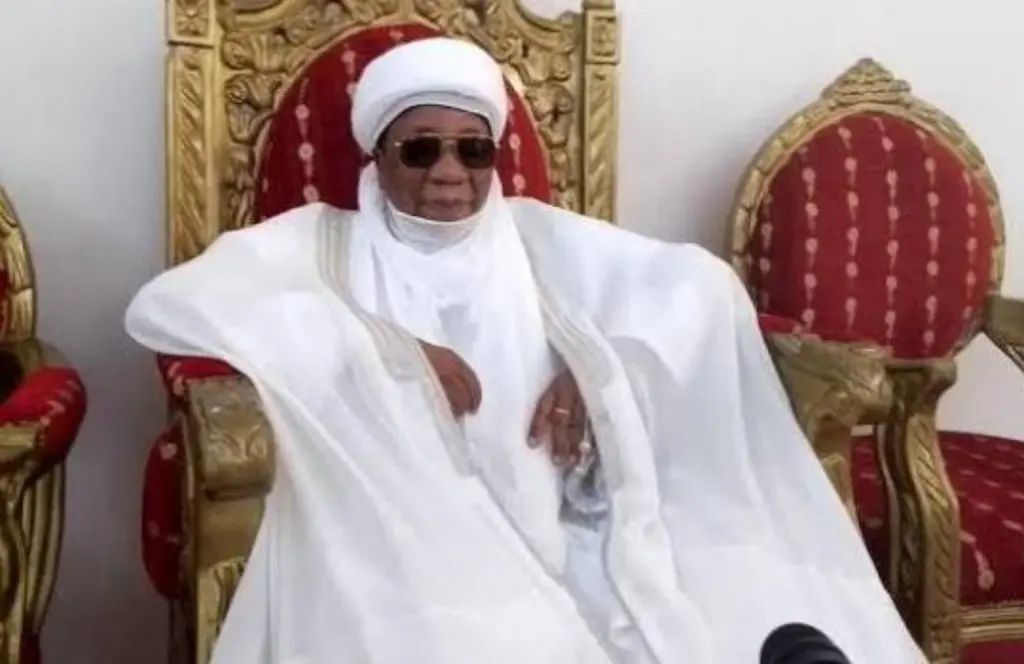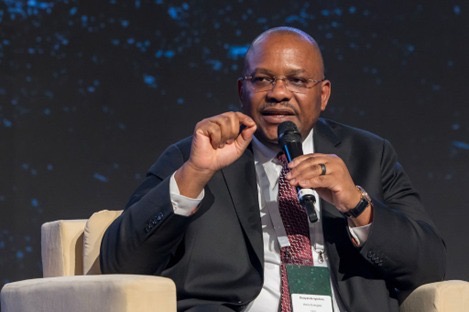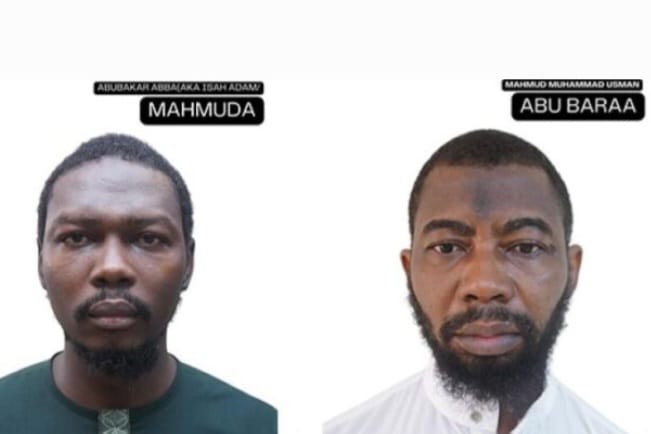A new report by the Socio-Economic Rights and Accountability Project (SERAP) has shown that communities in the Niger Delta are the poorest in Nigeria due to corruption and lack of effective governance and feedback framework.
The report presented by Olubunmi Afinowi, a climate change expert at the Faculty of Law of the University of Lagos, disclosed that “the region remains deeply in the grips of squalor, poverty, and environmental degradation.”
READ ALSO: ‘EU Sanctions Nigeria on Dearth of Anti-Money Laundering Legislation’
NUPRC, NNPC’s Crude Oil Theft Figures Outrageous, Impractical – Navy
Customs Boss Queries NNPC’s ’60m Ltrs’ Daily Consumption Figure
‘Why Italian Court acquitted Shell, Eni in Nigeria’s $1.3bn oil Scam Case’
According to her, the relevant monitoring agencies have not effectively carried out their duties and functions and this has led to a continued disregard for the rights of the people and the need to protect the environment.
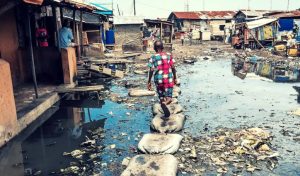
“Corruption is a major factor in the continued degradation in the region. There is a lack of an effective governance and feedback framework to foster interactions between regulators, companies, and communities. This implies a lack of transparency and accountability from the companies and the government to the people.
“The oil and gas companies receive minimal government monitoring in the conduct of their activities; more troubling is the prevalence of oil theft and illegal mining, and refining of crude oil. Such illegal activities make the region crime prone and increase the vulnerability of the inhabitants of the communities,” she said.
Speaking at the launch, Femi Falana urged the federal government to reconstitute the board of the Niger Delta Development Commission (NDDC).
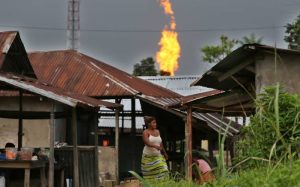
“Since the appointment of interim administrators is unknown to the NDDC Act, all contracts awarded by them are illegal and liable to be set aside,”he added.
The report further adds, “The communities are continually exposed to food insecurity and health risks. Most of their communal lands, land and water resources have been lost or continually threatened by degradation and pollution.
“A lot of information about the oil and gas companies, their activities, environmental audits and other relevant information are not available to the public. Such information is often shrouded in secrecy, and where made available, is limited, unclear and provides little or no actual information.
Marginalization of women, the aged, the youths and other vulnerable members of the communities, such as persons with disabilities is rife. This marginalization also has far-reaching implications for the protection of the socio-economic rights of the inhabitants of the communities.
“President Muhammadu Buhari should publicly recognize and re-affirm that every Nigerian citizen, including oil producing communities, is entitled to economic and social rights, and take steps to ensure constitutional recognition of these rights as legally enforceable human rights.
“President Muhammadu Buhari should immediately instruct the Ministry of Niger Delta Humanitarian Affairs and other government agencies overseeing the NDDC to immediately publish the forensic report on NDDC conducted in 2021.”


